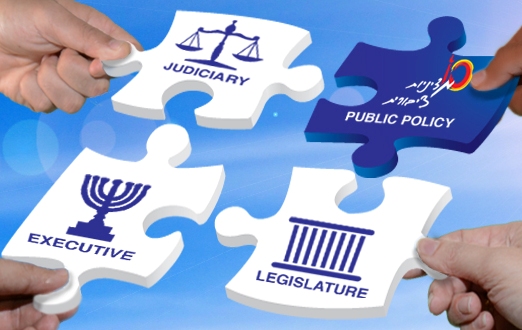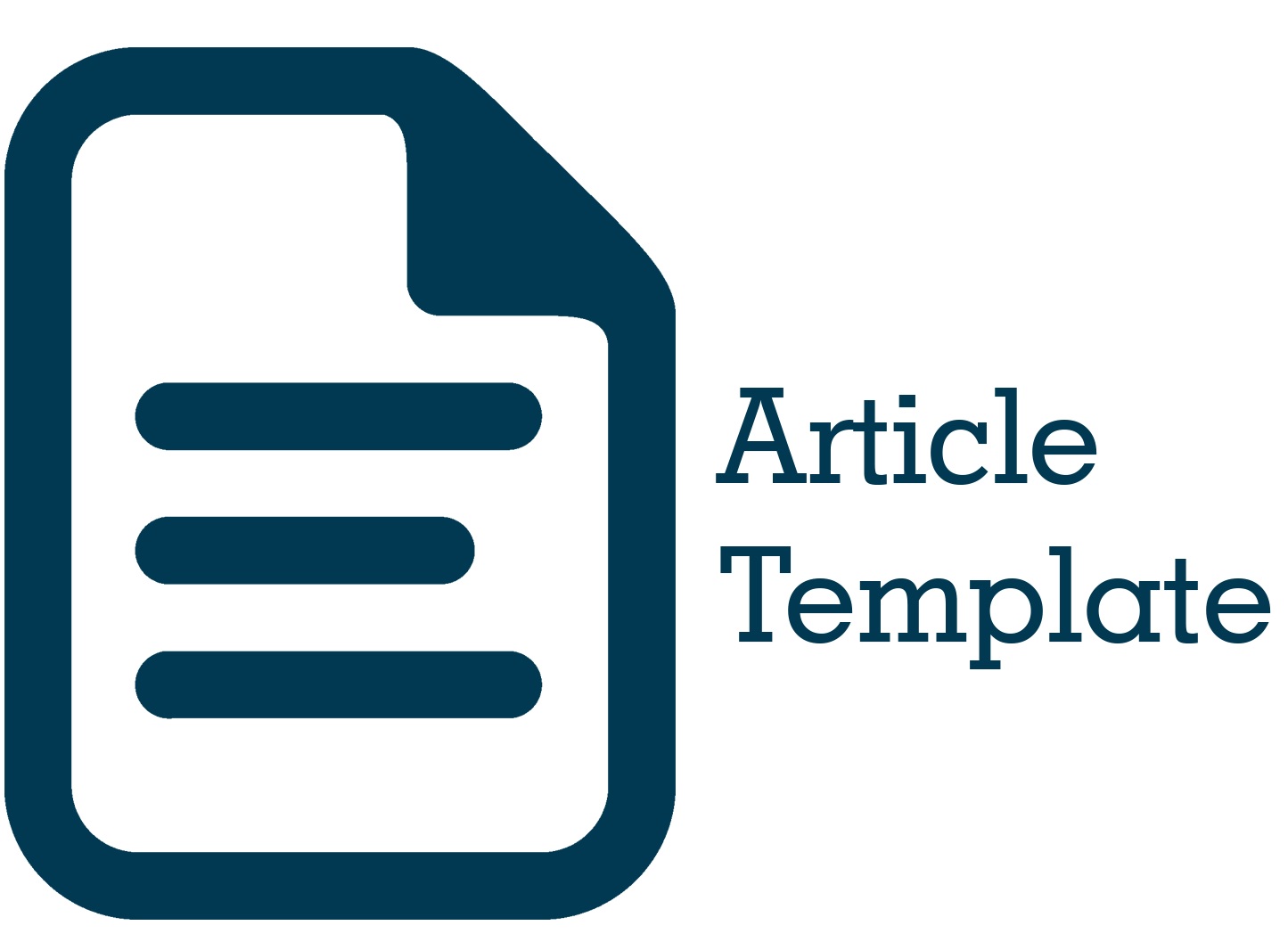Implementasi Program Smart Inclusive School (SIS)
DOI:
https://doi.org/10.51135/PublicPolicy.v4.i2.p407-423Keywords:
Public Policy, Implementation Program, Smart Inclusive School (SIS)Abstract
SMPN 28 Surabaya is one of the inclusive education providers that provides innovative Smart Inclusive School (SIS) programs. However, the implementation of the SIS program is still constrained by unsupportive infrastructure and inadequate teacher competence so that the implementation of the Smart Inclusive School (SIS) program is not optimal. This study aims to look at the implementation of the Smart Inclusive School (SIS) program at SMP Negeri 28 Surabaya using David C. Korten's program implementation suitability model in which there are 3 elements that is, the programs, implementing organizations, and target groups. In the program element, the implementation of Smart Inclusive School has been well understood and implemented by the school as well as PDBK and parents. the implementing organization element, namely regular teachers and special assistants, has been equipped with training so that there is an understanding in handling PDBK. The target group element, namely PDBK and parents, has benefited from the Smart Inclusive School program, although there are still obstacles in adapting the environment for PDBK.
Downloads

Downloads
Published
How to Cite
Issue
Section
License
Authors whose manuscripts are published in the Journal of Public Policy must agree to the following terms;
- Publication rights for all manuscript materials published are held by the editorial board with the author's consent.
- The legal formalities for digital access to the Journal of Public Policy are subject to the Creative Commons Attribution Sharealike (CC BY SA) license, which means the Journal of Public Policy has the right to store, redistribute, reformat, manage in a database, maintain, and publish the manuscript without seeking permission from the author as long as the author's name is included as the copyright owner.
- Published manuscripts are open access for the purpose of disseminating research results. Besides this purpose, the editorial board is not responsible for copyright law violations.


.png)



